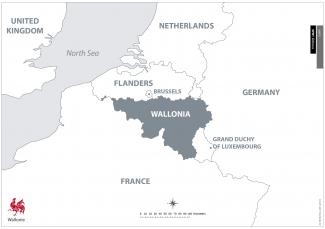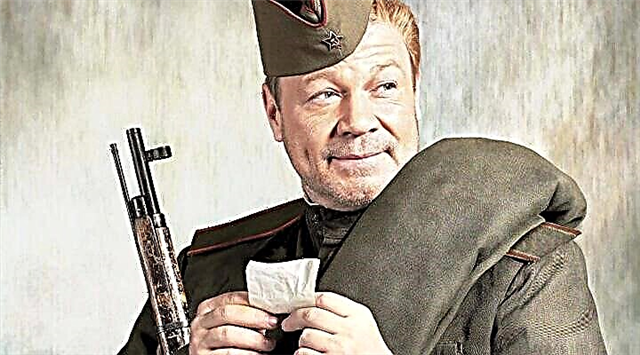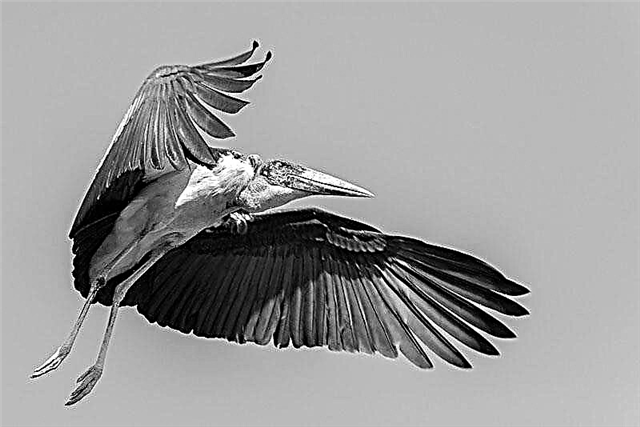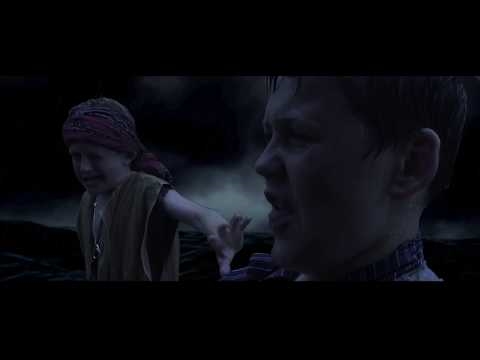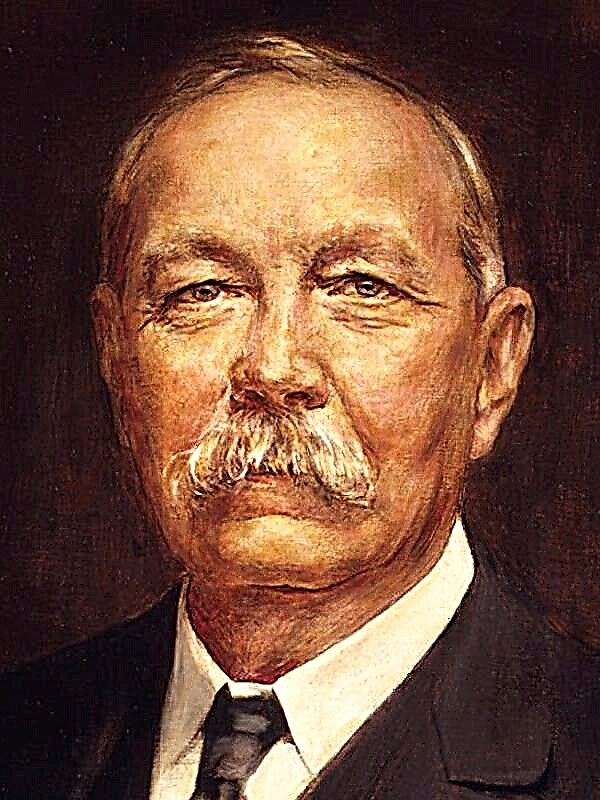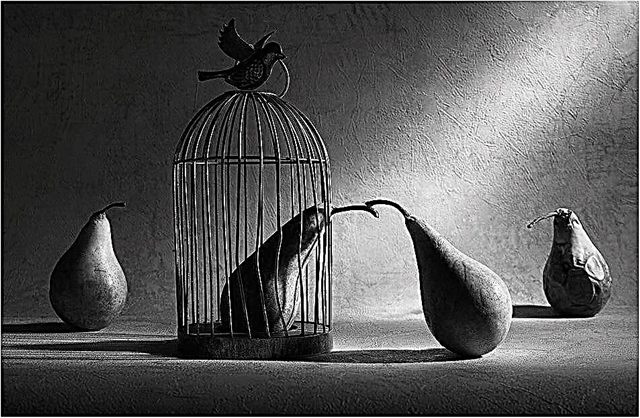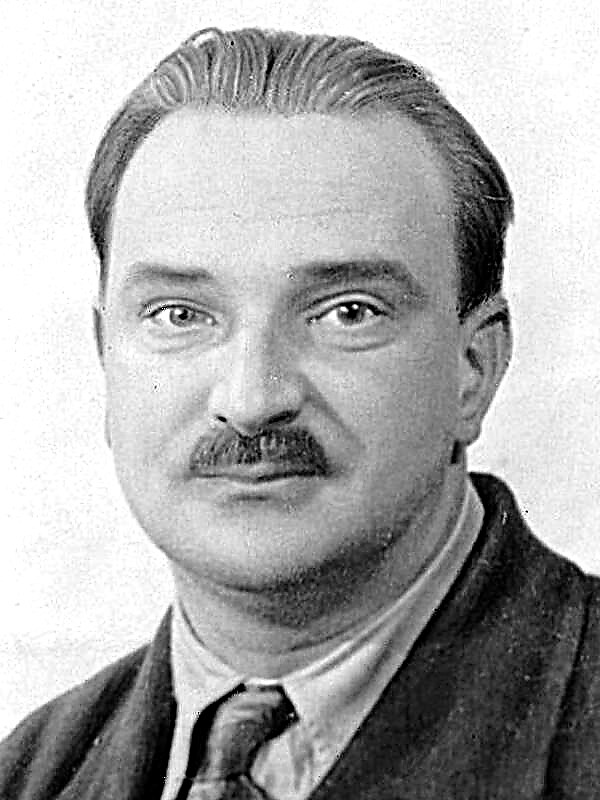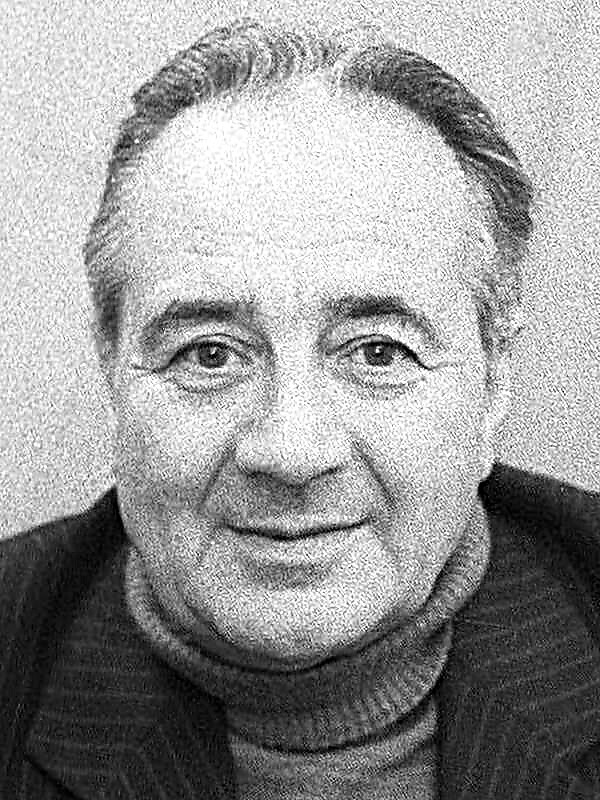A platoon of Soviet scouts entered the village. Scout commander Lieutenant Travkin was thinking about his people. Of the eighteen former, proven fighters, he only had twelve. The rest were just recruited, and what they will be in business is unknown. And ahead was a meeting with the enemy: the division was advancing.
Travkin was highly characteristic of his selfless attitude and absolute disinterestedness - it was precisely for these qualities that the scouts loved this young, closed and incomprehensible lieutenant.
Easy reconnaissance showed that the Germans were not far away, and the division went on the defensive. The rear gradually pulled up.
The head of the army intelligence department, who was arriving at the division, set the task of sending a group of scouts behind enemy lines to the division commander Serbichenko: according to the available data, there was a regrouping, and it was necessary to find out the presence of reserves and tanks. The best candidate to lead this unusually difficult operation was Travkin.
Now Travkin conducted classes nightly. With his characteristic tenacity, he scoured fords through the icy stream, forced them to cut wire, check long-lived army probes for unimaginable minefields and jump through the trench. Junior lieutenant Meshchersky, a slender blue-eyed twenty-year-old young man, was asked to scouts. Looking at how zealously he is engaged, Travkin approvingly thought: “It will be an eagle ...”
We arranged the last training session on communication. The call sign of the reconnaissance group - "Star", the call sign of the division - "Earth" was finally established. At the last moment, it was decided to send Anikanov instead of Meshchersky, so that in the event of which the scouts were not left without an officer.
The ancient game of man with death began. Having explained to the scouts the order of movement, Travkin silently nodded to the officers who remained in the trench, climbed over the parapet and silently moved to the riverbank. The same was done by other scouts and escort engineers.
The scouts crawled through the cut wire, went through the German trench ... an hour later they delved into the forest.
Meshchersky and the commander of the sapper company were inextricably peering into the darkness. Every now and then other officers approached them - to find out about those who went into the raid. But the red rocket - the signal "detected, moving away" - did not appear. So they have passed.
The forests where the group was walking were teeming with Germans and German technology. Some German, shining with a pocket lamp, came close to Travkin, but awake did not notice anything. He sat down to recover, grunting and sighing.
They crawled about a kilometer and a half almost on the sleeping Germans, at dawn they finally got out of the forest, and something terrible happened at the edge of the forest. They literally ran into three sleeping Germans lying in a truck, one of them, accidentally glancing at the edge of the forest, was dumbfounded: seven shadows in green hoodies walked completely silently along the path.
Travkina was saved by composure. He realized that you can’t run. They walked past the Germans with a steady, unhurried step, entered the grove, quickly ran across this grove and meadow and plunged into the next forest. After making sure that there were no Germans here, Travkin transmitted the first radiogram.
They decided to move on, adhering to swamps and forests, and at the western edge of the grove they immediately saw a squad of SS men. Soon, the scouts went to the lake, on the opposite bank of which stood a large house, from which at times it could be heard moaning, or screaming. A little later, Travkin saw a German coming out of the house with a white bandage on his hand and realized: the house served as a hospital. This German is discharged and goes to his unit - no one will look for him. The German gave valuable evidence. And, despite the fact that he turned out to be a worker, he had to be killed. Now they knew that the SS Viking Division was concentrated here. Travkin decided so as not to discover himself prematurely, so far not to take “languages”. Only a knowledgeable German is needed, and he will have to get it after reconnaissance of the railway station. But the Black Sea-born Mamochkin, prone to dashing, violated the ban - a hefty SS man thrust himself into the forest directly at him. When the Hauptscharführer was thrown into the lake, Travkin contacted the "Earth" and handed over everything that was installed by him. From the voices from Earth, he realized that there his message was accepted as something unexpected and very important.
The knowledgeable German Anikanov and Mamochkin were taken, as they were going to, at the station. The pigeon was dead by that time. The scouts went back. On the way Brazhnikov died, Semenov and Anikanov were wounded. The radio station hanging on Bykov’s back was flattened by bullets. She saved his life, but was no longer suitable for work.
The detachment was marching, and around it a loop of a huge raid was already pulling together. The Viking division reconnaissance squad, advanced companies of the 342nd Grenadier Division and the rear units of the 131st Infantry Division were raised in pursuit.
The Supreme High Command, having received the information obtained by Travkin, immediately realized that there was something more serious behind it: the Germans wanted to counter-attack the breakthrough of our troops in Poland. And an order was given to strengthen the left flank of the front and transfer several units there.
A good girl, in love with Travkina, Katya, a signalman, sent callsigns day and night: “Star”. "Star". "Star".
No one was waiting, but she was waiting. And no one dared to take the radio off reception until the offensive began.

